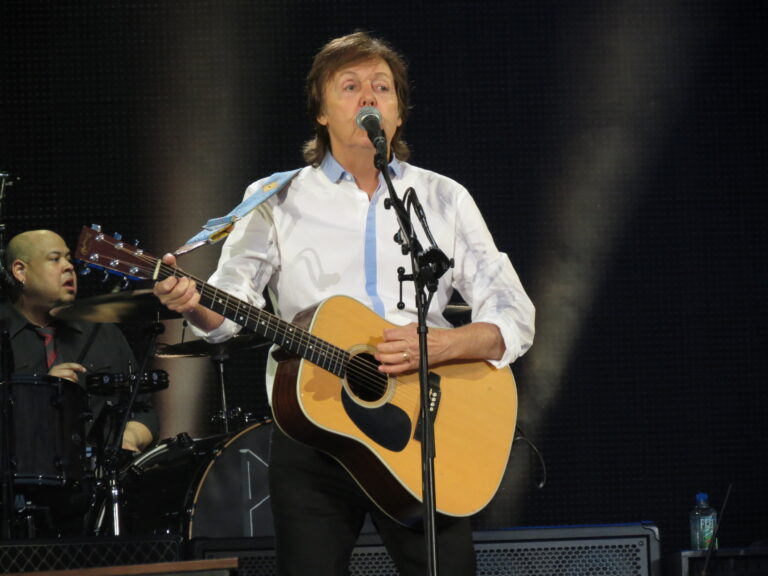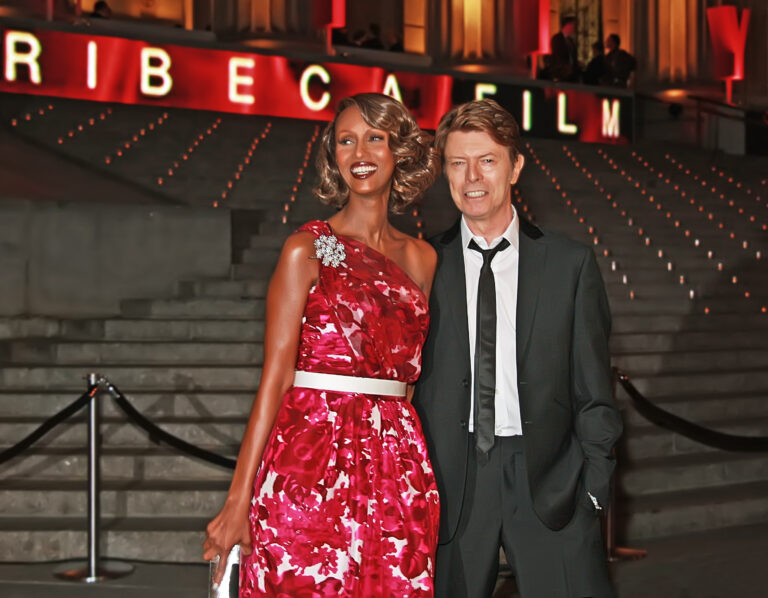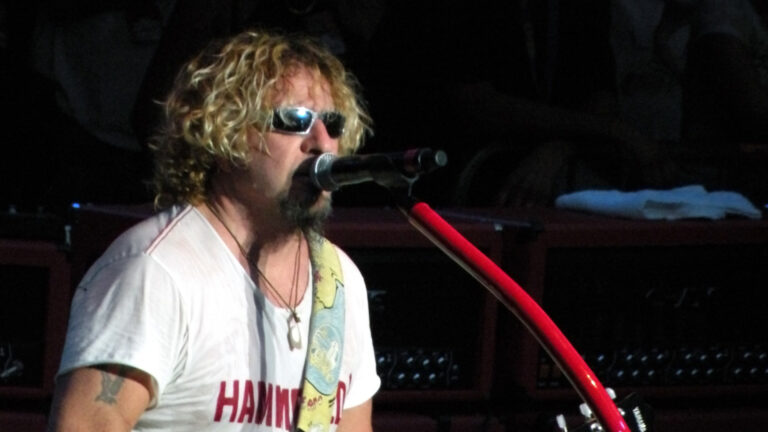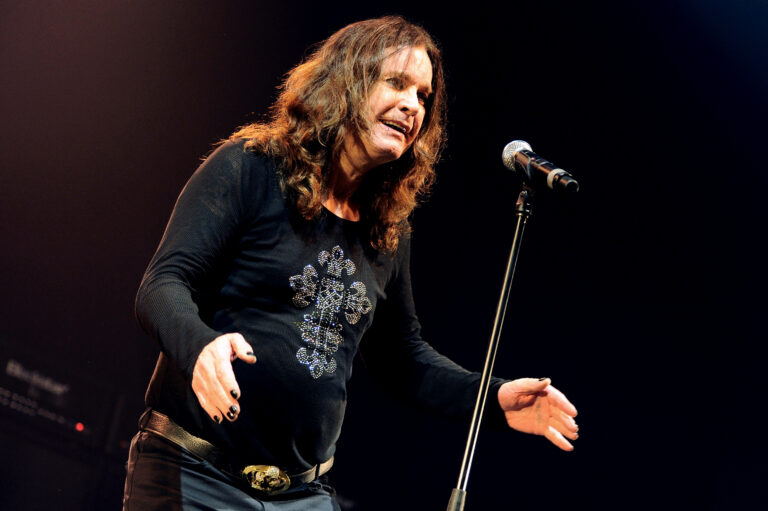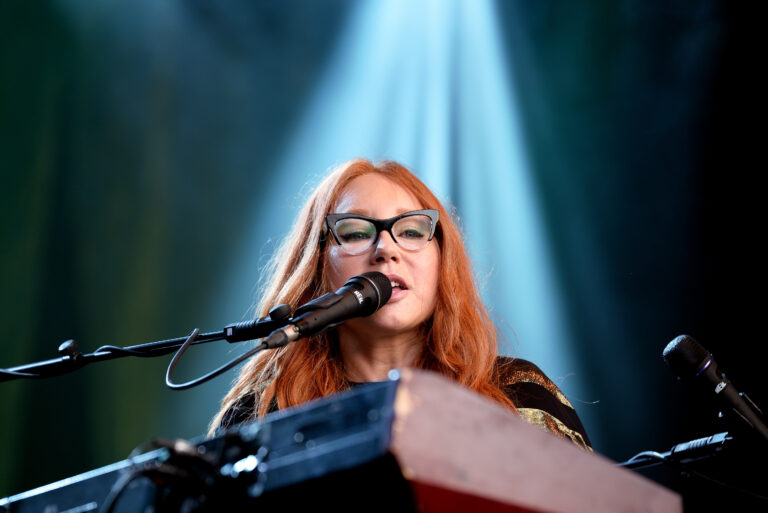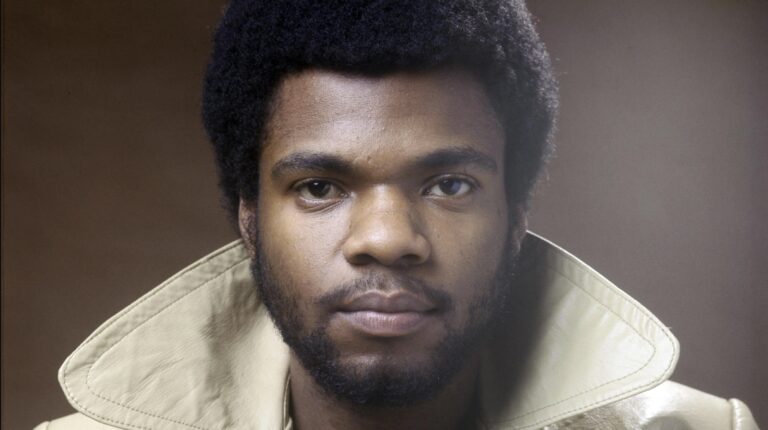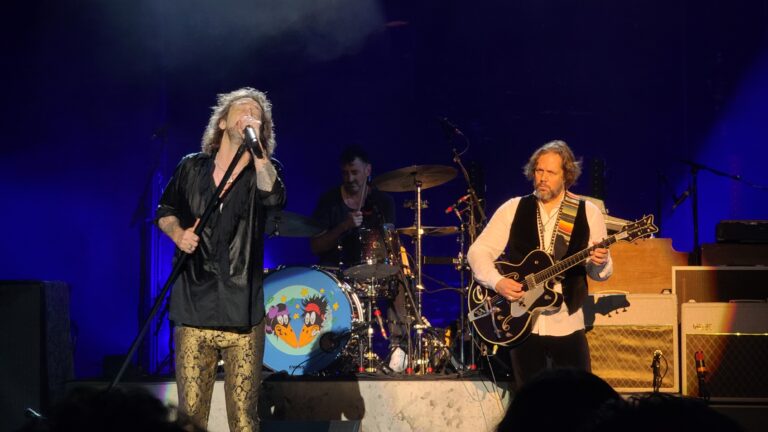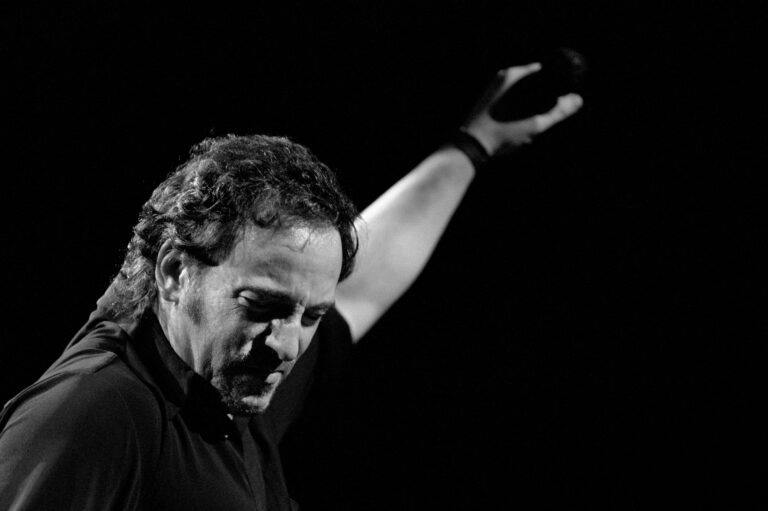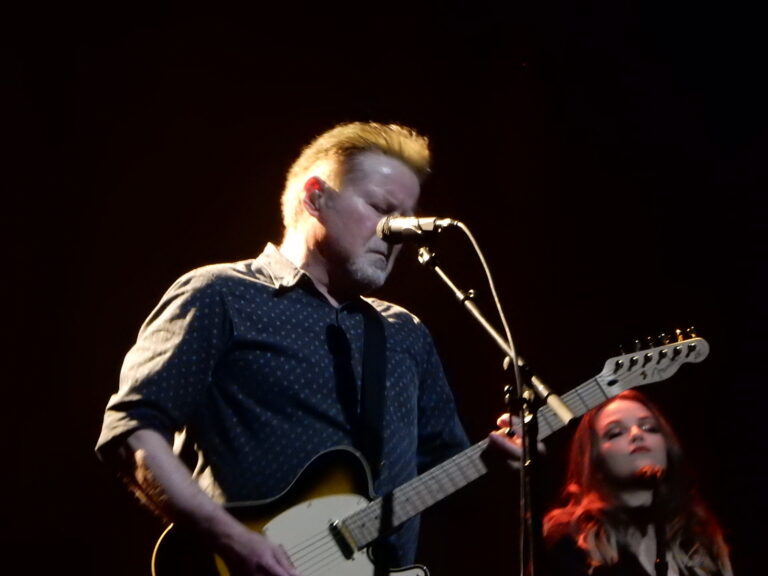
Neil Young Bails on Glastonbury 2025 Citing Issues with BBC Involvement

Neil Young, the legendary Canadian musician, has recently made headlines with his decision to pull out of the 2025 Glastonbury Festival. Young, along with his band the Chrome Hearts, was initially set to be one of the performers at this renowned event. Known for its eclectic line-up and massive crowds, Glastonbury has long been a significant platform for artists from around the world. However, Young's withdrawal stems from concerns over what he perceives to be increasing corporate influence at the festival, specifically linked to the involvement of the BBC as a partner.
In a heartfelt statement shared on his website, Neil Young Archives, the artist expressed his disappointment over the festival's current direction, saying, “It seems Glastonbury is now under corporate control and is not the way I remember it being.” Young elaborated that the BBC, which has been a partner of Glastonbury since 1997, requested him and his band to conduct their performances “in a way we were not interested in.” This, he claims, constitutes a major “corporate turn-off” for him, diverging from the festival's authentic spirit he values. This dissatisfaction with the BBC's corporate role mirrors broader concerns about commercialization in music events, which many believe can detract from the original charm and integrity the events were meant to uphold.
The BBC has historically played a pivotal role in broadcasting and streaming Glastonbury performances. In previous years, the network faced backlash over limited broadcast availability of certain performances, including Young’s 2009 set. This backdrop provides context for Young's longstanding apprehension about performing at an event under the BBC’s partnership. Despite the disappointment expressed by fans eager to see a repeat of his legendary 2009 Glastonbury performance, Young remains firm in prioritizing the ethos he holds dearly over mainstream appearances.
Neil Young’s discontent is not just a critique of a single event; it raises wider implications for the music industry, pointing to a broader trend of increasing corporate entanglements in music festivals. Such involvement often leads to artists feeling pressured to alter their performance style or content to suit corporate sponsors or broadcasters. This concern of “corporate control” raises essential conversations about preserving the artistic and cultural integrity of music festivals worldwide.
This scenario unfolds as Glastonbury has only announced Rod Stewart, one of the oldest performers for this year's festival, as part of their lineup. The complete list of performers for June 2025 has not been published, and speculations remain rife about other potential artists. With tickets reportedly selling out in mere minutes, the festival retains its allure despite the controversies surrounding corporate influence.
Neil Young’s absence from this year's Glastonbury Festival sheds light on the possible consequences when commercial interests are perceived to overshadow artistic freedom and expression. For a significant figure like Young, known for his staunch principles and musical authenticity, stepping back from such a major event is both a personal and professional statement. It serves to remind the broader music community that the ethos behind much-loved festivals can clash with the mechanics of widespread corporate partnerships.
Key Takeaways
-
www.billboard.com | Neil Young decided not to perform at the 2025 Glastonbury Festival due to his discomfort with the corporate influence of BBC, which he felt had changed the festival's character.
-
www.billboard.com | Glastonbury Festival's only confirmed headliner for 2025 so far is Rod Stewart, following Neil Young's dropout.











